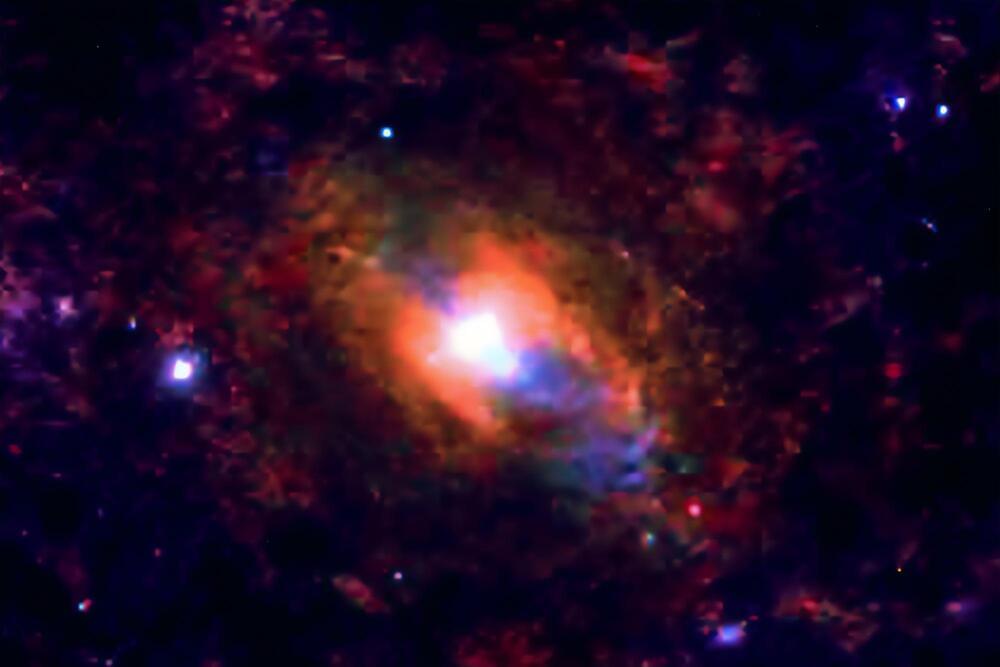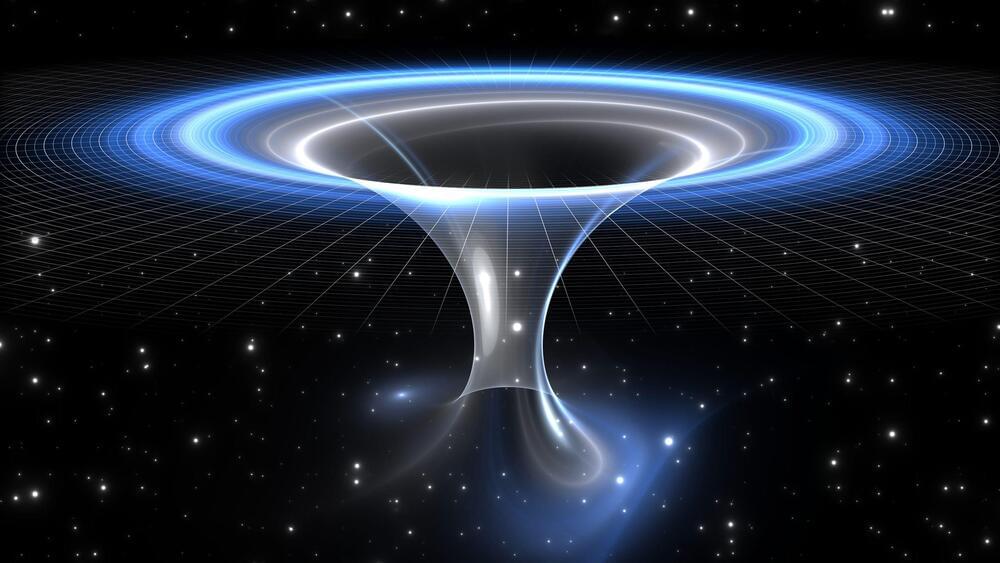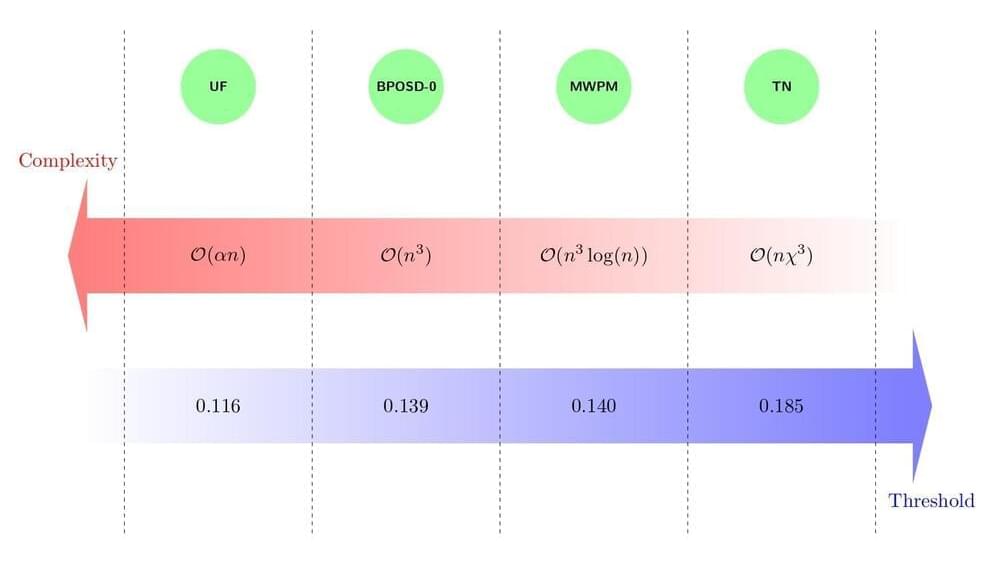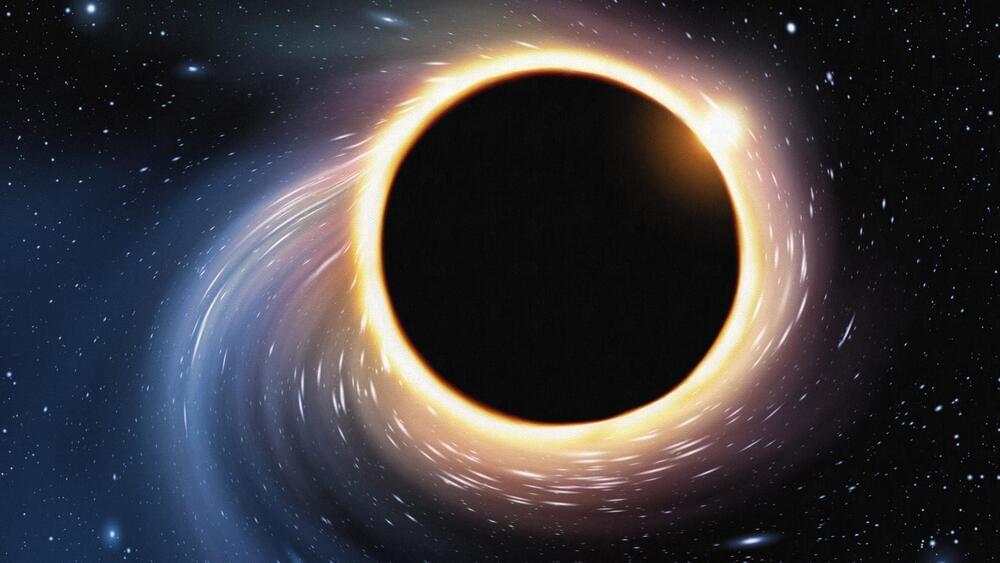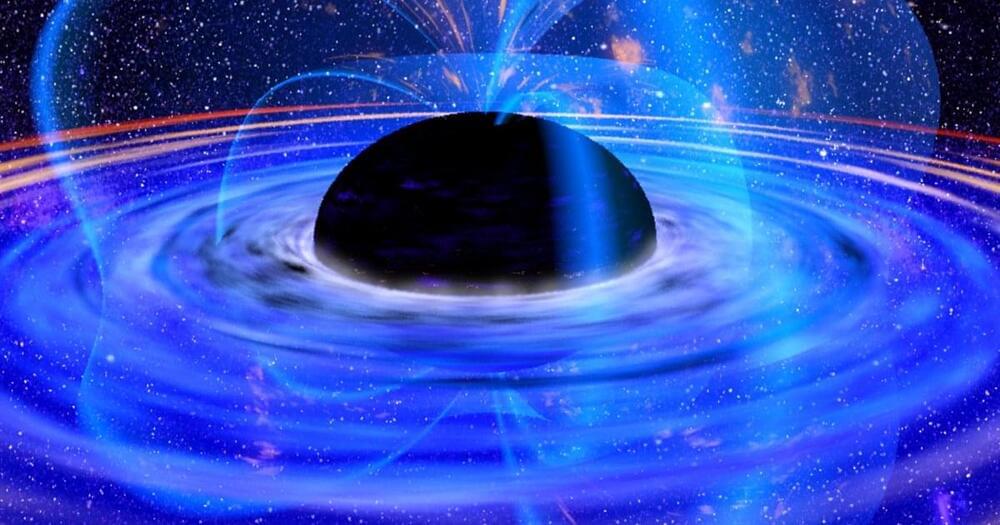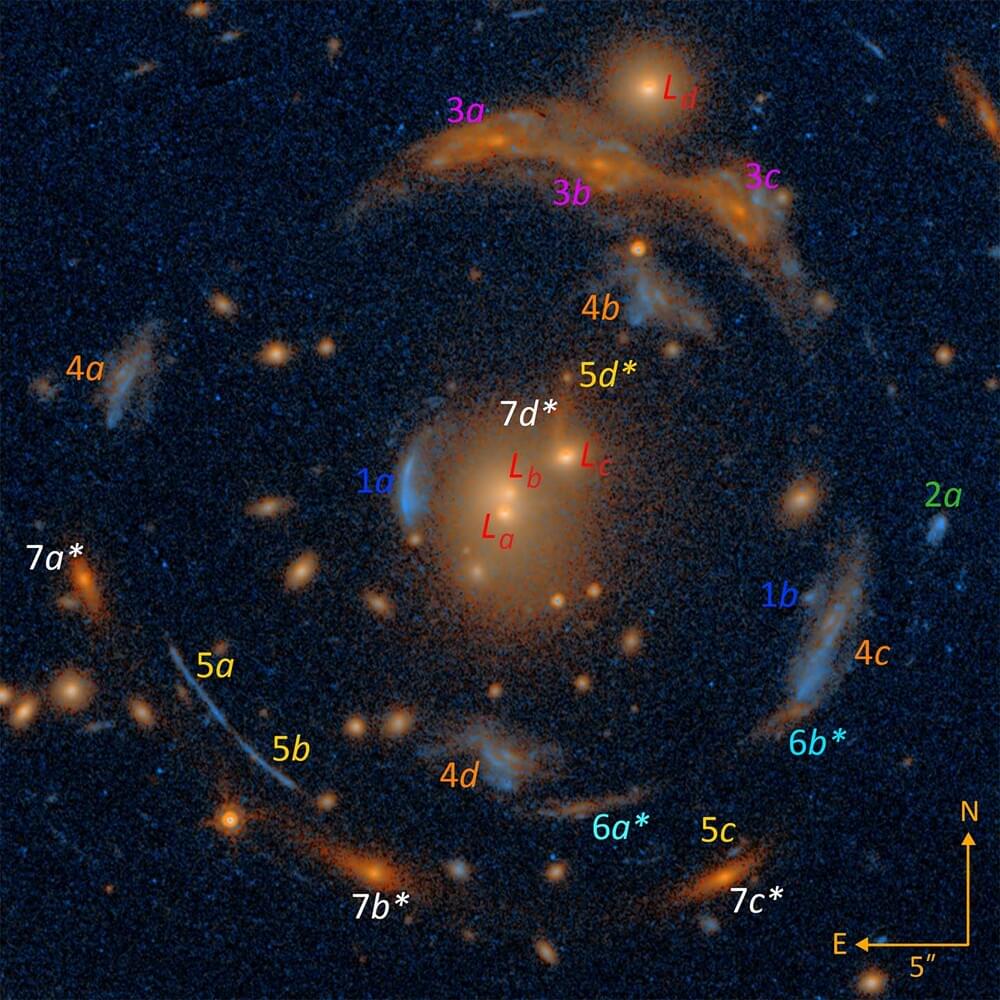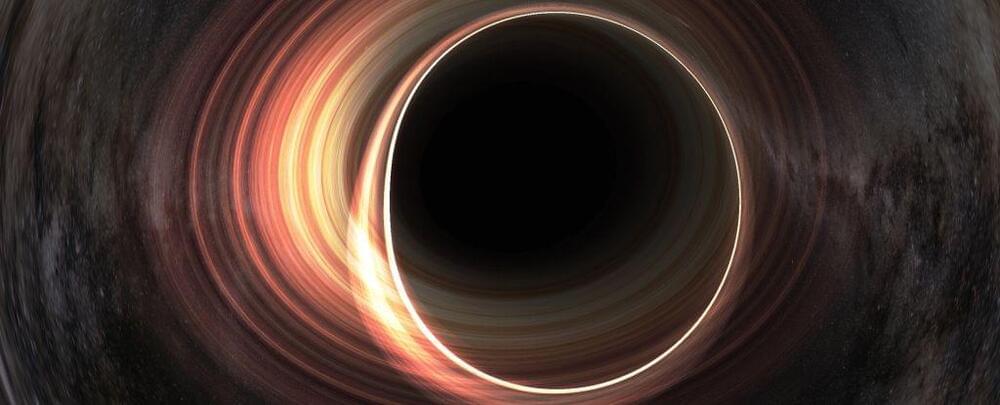Using the James Webb Space Telescope, astronomers have for the first time observed a galaxy in the early universe growing from the inside out, a mere 700 million years after the Big Bang.
This galaxy, significantly smaller yet more mature than expected, demonstrates unique growth patterns with its dense core and rapidly forming star outskirts.
Astronomers have employed the NASA /ESA James Webb Space Telescope (JWST) to observe the ‘inside-out’ growth of a galaxy in the early universe, a mere 700 million years after the Big Bang.
